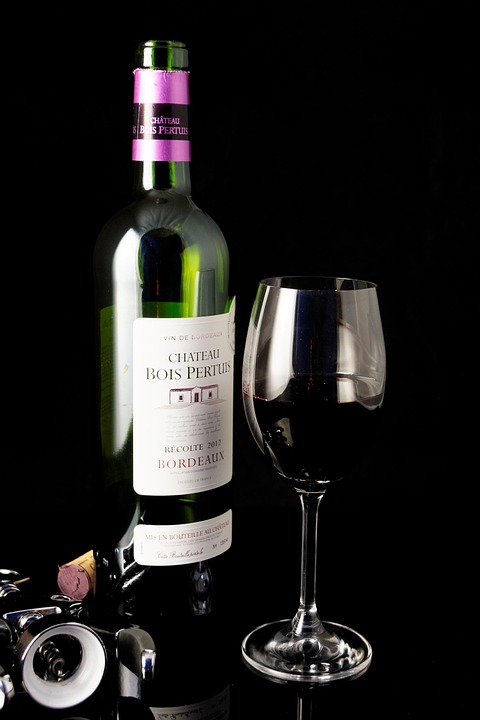Introduction
Napa Valley, located in California, is renowned for its prestigious wineries and luxurious wine tourism experiences. The region’s economy is heavily influenced by the intersection of luxury branding and enotourism, which play a significant role in shaping the Napa wine industry. This report will delve into how these factors contribute to the success of Napa’s wine economy, with a focus on actual companies, financial data, and industry insights.
Luxury Branding in Napa Valley
Definition and Importance
Luxury branding in Napa Valley refers to the premium positioning of wineries and their products to attract high-end consumers. This branding strategy emphasizes quality, exclusivity, and prestige, which in turn commands higher prices and fosters a loyal customer base. Luxury branding is crucial in Napa Valley as it differentiates the region’s wines from mass-produced alternatives and elevates the overall reputation of Napa as a top wine destination.
Financial Impact
The luxury branding of Napa Valley wines has a direct impact on the region’s economy. According to industry data, Napa wines command some of the highest prices in the market, with an average bottle costing significantly more than wines from other regions. This premium pricing model contributes to the overall economic prosperity of Napa Valley, attracting affluent tourists and investors who are willing to spend on luxury experiences.
Actual Companies
Several renowned wineries in Napa Valley have successfully implemented luxury branding strategies to establish themselves as industry leaders. For example, Opus One Winery is known for its iconic Bordeaux-style blends and high-end tasting experiences, catering to discerning wine enthusiasts. Another notable player is Screaming Eagle Winery, which produces ultra-premium Cabernet Sauvignon wines that consistently receive top ratings from critics and collectors.
Enotourism in Napa Valley
Definition and Significance
Enotourism, also known as wine tourism, plays a crucial role in driving the Napa Valley economy. This form of tourism encompasses vineyard visits, wine tastings, culinary experiences, and other wine-related activities that attract visitors from around the world. Enotourism not only generates revenue for wineries but also supports local businesses such as hotels, restaurants, and transportation services.
Financial Data
According to industry reports, enotourism is a major revenue driver for Napa Valley, contributing billions of dollars to the region’s economy annually. The influx of tourists seeking premium wine experiences has led to the development of upscale accommodations, gourmet restaurants, and luxury transportation services in Napa Valley. As a result, enotourism has become a significant source of income for the local community and has helped establish Napa as a premier wine tourism destination.
Industry Insights
The success of enotourism in Napa Valley can be attributed to the region’s commitment to offering high-quality wine experiences that cater to the tastes of luxury travelers. Wineries in Napa have invested in state-of-the-art facilities, knowledgeable staff, and innovative tasting programs to create memorable experiences for visitors. Additionally, partnerships with local businesses and tourism organizations have helped promote Napa Valley as a must-visit destination for wine enthusiasts.
Conclusion
In conclusion, luxury branding and enotourism are integral components of Napa Valley’s wine economy, shaping the region’s reputation as a premium wine destination. The combination of high-quality wines, exclusive experiences, and top-tier hospitality has positioned Napa Valley as a global leader in the wine industry. By leveraging luxury branding strategies and investing in enotourism initiatives, Napa wineries continue to thrive financially and attract affluent travelers seeking unparalleled wine experiences. As Napa Valley continues to evolve and innovate, its status as a luxury wine destination is expected to grow, further solidifying its place in the global wine market.




